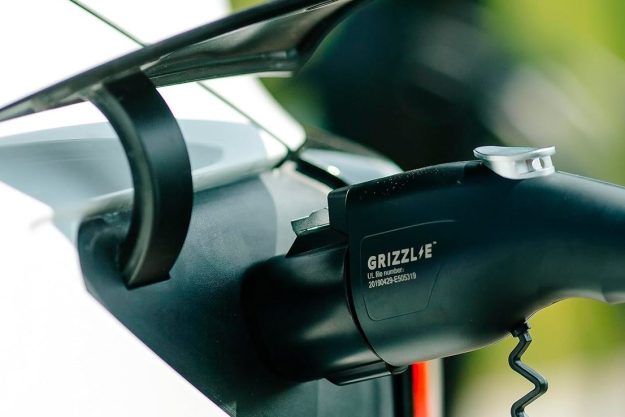Bosch is traveling to the annual CES show in Las Vegas, Nevada, to introduce a radical concept that takes in-car connectivity to the next level. Notably, the futuristic two-seater convertible features an award-winning new touchscreen technology that uses haptic feedback to generate the feel of real buttons.
High-resolution touchscreens take up the entire dashboard, the center console, and a good chunk of both door panels. The jumbo infotainment system lets the passengers perform basic tasks such as accessing the Internet on the go, keeping track of the day’s appointments, and getting navigation directions. The concept is connected to the driver’s home so he or she can remotely turn on the A/C, activate the security system, and even unlock the front door to let delivery companies can drop off a parcel inside.
The touchscreens generate different surface textures to simulate the feel of real buttons, dials, and knobs, which makes navigating the infotainment a lot safer because the driver can keep watching the road ahead. Alternatively, the infotainment system can be controlled using basic hand gestures — a technology that BMW is also working on — and voice commands.
To further enhance safety, Bosch is developing a cloud-based software that uses a GPS signal to compare a car’s position with the permitted direction of travel in order to detect drivers who are going the wrong way. It warns other motorists of the impending danger in as little as 10 seconds, and it can be programmed to automatically apply the brakes of the vehicle moving in the wrong direction.
As one of the biggest automotive components suppliers in the world, Bosch understandably doesn’t want to be left out of the self-driving movement. The company has built an autonomous car based on the Tesla Model S that it has started testing in its home country of Germany, in Japan, and in the United States. Executives predict the lifesaving technology will be rolled out in 2020.
Finally, Bosch is taking the hassle out of finding a spot in a crowded parking garage with a new function called automated valet parking. In a nutshell, the driver can leave a car at the entrance of a parking garage and tell it to park itself in the first available spot using a purpose-designed smartphone application. The same app is used to call the car back when the driver is ready to hit the road again.
The infotainment system showcased by Bosch’s latest concept isn’t quite ready for production, and the company concedes that a self-parking, self-driving car is at least a few years away from becoming a reality. However, the wrong-way detection technology will be rolled out this year, and it can easily be integrated into existing infotainment systems or into smartphone applications such as Bosch’s myDriveAssist.




